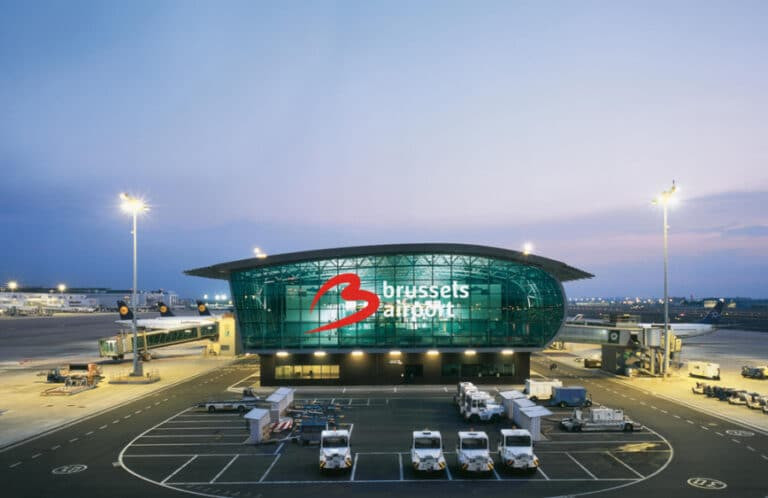In November, Brussels Airport reports that it welcomed more than 1.1 million passengers, 56% of the total of November 2019, before the Covid crisis. This is the fifth consecutive month that passenger totals were above a million.
The Airport reports that cargo continues its month-on-month growth, with a growth of the total volume in November of 20% compared to November 2020. In tonnage this equates to 69,000 tonnes.
The growth in air cargo (+ 23%) is most notable in the full-freighter segment (+ 55%) and in the volume of cargo on board passenger flights (+ 41%) which is continuing to recover thanks to the growing number of passenger flights. The express services experienced a slight decline (- 4%), but the volumes remain high. In the full-freight segment, Brussels Airport is seeing growth among almost all existing customers, such as Qatar Airways, Ethiopian Airlines, Singapore Airlines and Sichuan Airlines. The routes from Asia and North America were the main contributors to the additional growth. Asia remains the most important region, followed by North America and Africa.
The transport of Covid-19 vaccines to and from Brussels Airport continues; more than 750 million vaccines have been handled since the start of vaccine transport in November 2020, whether for import, transit or export.
As for flights, the number of movements in November decreased by 29% compared to the period prior to the crisis (November 2019). Brussels Airport registered 12,794 movements (compared to 18,063 in November 2019). The number of passenger flights fell by 38%. Each flight had an average of 116 passengers on board (compared to 129 in 2019).
The number of cargo flights increased by 15% compared to November 2020; this was largely due to the increase in the number of cargo flights operated with passenger aircraft, flights that are operated during the day. These flights remain necessary to meet the large demand for air cargo capacity and are often deployed from Brussels Airport for vaccine transports.




